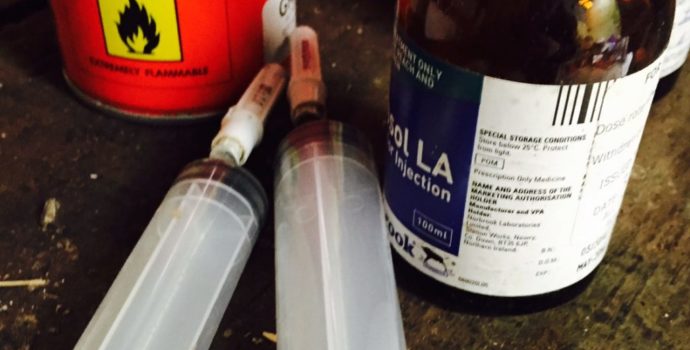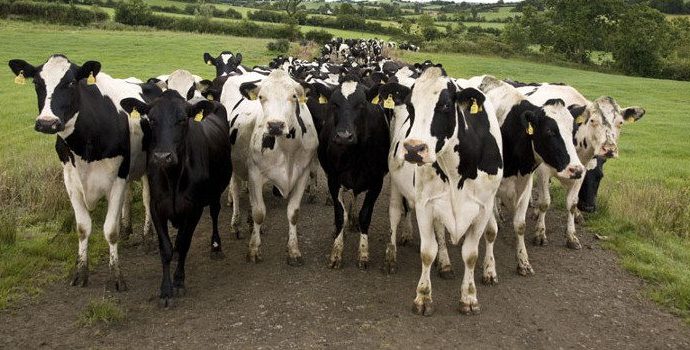IFA Says Strong Eu Beef Market and Tight Supplies

IFA National Livestock Committee Chairman Michael Doran said prime cattle supplies are exceptionally tight and will tighten further over the coming weeks before the supply of grass cattle emerges. He said farmers will strongly resist negative talk from the factories on cattle prices.
Michael Doran said the factories are attempting to pull cull cow prices as supplies peak.
The IFA livestock leader said the average R=3+ reported Department of Agriculture price paid by the factories was €3.72/kg for steers, €3.80/kg heifers and €3.73/kg for bulls.
Michael Doran said the factories were doing very well with the value of hides and the fifth quarter, which were worth over €100/head or 29c/kg. He said this is an exceptionally strong return for the meat plants.
The IFA livestock leader said all across Europe cattle supplies are tight and should remain so. The EU December 2010 census shows total livestock numbers down over 2.7m head or 1.7%. All groups of cattle numbers are down, with young animals less than 1 year down 0.9%, animals between 1 to 2 years of age down 1.8% and animals over 2 years down 1.4%.
Michael Doran said Irish cattle supplies are forecast to be down 120,000 – 140,000 head for 2011 and with the kill back only 5.5% to date, numbers are going to be very scarce for the second half of the year. Likewise, a similar picture is developing for the UK with total cattle supplies forecast to be back over 100,000 head for the second half of the year.
Michael Doran said Europe has responded to the very strong international market for beef with EU exports almost doubled at 485,166t for 2010 compared to only 249,165t for 2009. “Exports to Russia, our largest EU export market were up 167%, while over 70,000t was exported to Turkey and 34,0000t to the Lebanon.”
Michael Doran pointed out the major jump in the value of EU beef exports up from €615m in 2009 to €1.246bn in 2010. Exports to Turkey were worth an average of €3,575/t.
In addition, EU beef imports fell from 437,182t in 2009 to 378,954t in 2010 or 12.5%. Imports from Brazil, have fallen dramatically down from 344,000t in 2007 to 145,000t in 2010.




